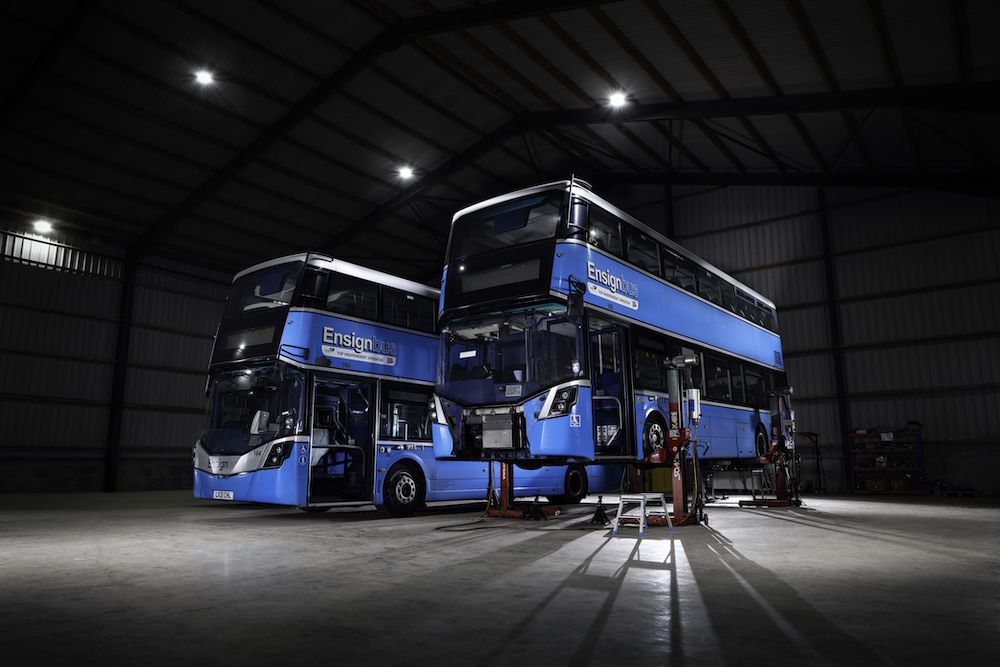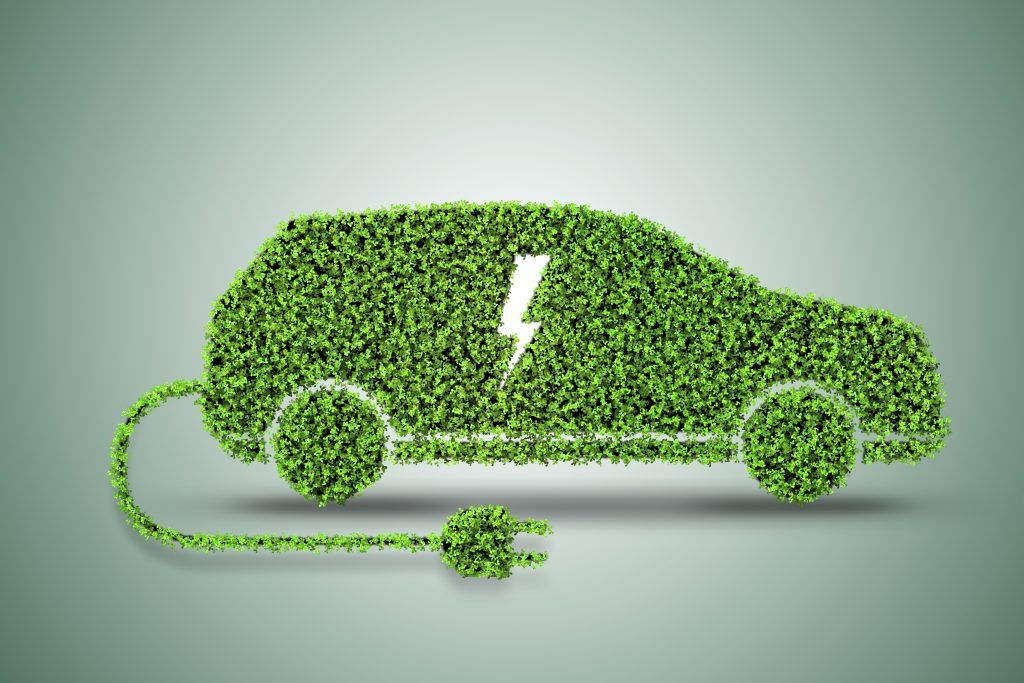The UK energy market is shifting to renewable energy in response to Russian sanctions and concerns over fossil fuels, according to the latest data from the Energy Industries Council (EIC).
The data from the trade association claims that concerns over energy security and the need for affordable low-carbon power have driven changes in the market. It reveals offshore wind dominated the UK’s renewables market, with an installed capacity of 3.2GW in 2022.
Onshore wind capacity was also installed across seven small-scale wind farms with a 50MW South Farm Solar PV Project and three small-scale energy-from-waste projects also coming online.
Tees Renewable Energy Plant (REP) in the Port of Teesside – one of the world’s largest biomass plants – is also expected to come online this year. after experiencing several delays due to COVID.
Capacity
The report showed the UK now has 44 operational offshore wind farms with a combined capacity of 14.5GW, with approximately 2,679 wind turbines alongside 550 operational onshore wind farms in the country with a combined capacity of 15.2GW. Approximately 60% of the capacity is in Scotland, with the remainder spread across England, Wales and Northern Ireland.
The report also indicated that although the government aims to increase nuclear capacity, the industry faces challenges, including high costs, complex regulatory requirements, in addition to concerns over waste management and safety. It also revealed the UK was a leading country in carbon capture with policies and investment mechanisms aiming to establish a “highly capable CCUS supply chain”.
Opportunity
Neil Golding, the EIC’s Head of Market Intelligence, said: “Provided it can rollout the necessary policies and investment required to establish a resilient supply chain and a sizeable portfolio of operational projects, the UK has the potential to be a world leader in the global CCUS market. This could be a real opportunity for the UK to help other European countries decarbonise, particularly those that don’t have the necessary storage capacity, especially given the country’s well-established oil and gas supply chains and large offshore storage capacity in the North Sea.”
“The Government should also address the challenges in the nuclear power sector surrounding skills, development costs, and supply-chain capabilities to accelerate the transition towards a more secure and sustainable energy future.”
Rebecca Groundwater, EIC’s Head of External Affairs, said: “It’s necessary to have a strategic focus on offshore wind, solar, hydrogen and nuclear sectors to achieve net zero by 2050 and meet the UK’s energy security needs. Maximizing the UK’s installed capacity of domestically sourced power is also critical to achieving energy independence and reducing dependence on Russian oil and gas.
“This can only happen through enabling the energy industry as a whole and supporting its supply chain companies by ensuring speedy licensing processes and robust financing schemes are in place.”
Image courtesy of Shutterstock














